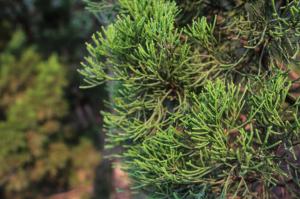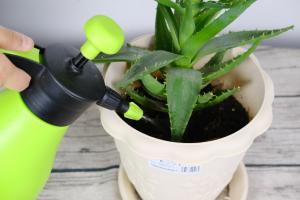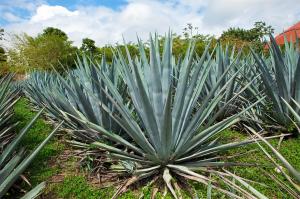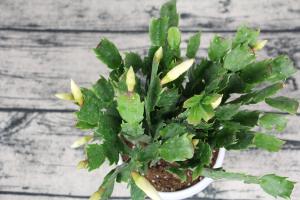Introduction
Potted plants are a wonderful way to add some life and color to any space. However, it can be frustrating when the leaves start to turn yellow. There are several reasons why this can happen and in this article, we will explore what causes potted plant leaves to turn yellow and what you can do to prevent it from happening.
Overwatering
One of the most common reasons why potted plant leaves turn yellow is overwatering. When a plant is overwatered, the roots can become waterlogged, leading to a lack of oxygen and causing the leaves to turn yellow. To prevent overwatering, make sure to only water your plant when the soil is dry to the touch. Also, ensure that your pot has proper drainage so that excess water can escape.
Underwatering
Just like overwatering, underwatering can cause potted plant leaves to turn yellow. If a plant is not receiving enough water, it cannot perform photosynthesis properly, resulting in a lack of chlorophyll production and yellow leaves. To avoid this, make sure to water your plant consistently and give it enough water to satisfy its needs. Also, ensure that the soil is properly aerated to help the roots absorb water more effectively.
Poor Soil Quality
The quality of soil in which a potted plant is planted can also affect its leaf color. If the soil is too dense, it can suffocate the roots, causing them to die, and leading to yellow or brown leaves. On the other hand, soil that is too loose may not provide enough nutrients for the plant. It is essential to choose soil that is appropriate for the type of plant you are growing and to maintain a proper balance of organic matter and nutrients.
Too Much Sunlight
Another reason why potted plant leaves may turn yellow is due to excessive exposure to sunlight. While plants need sunlight to grow, too much direct sunlight can cause the leaves to become scorched, leading to discoloration. To avoid this, move your plant to a location with filtered sunlight or use a shade cloth to reduce the intensity of light.
Pests and Diseases
Pests and diseases can also cause potted plant leaves to turn yellow. For example, spider mites, aphids, and mealybugs can all cause damage to a plant that leads to yellowing leaves. Fungal infections can also cause yellow spots and discoloration. It is important to regularly inspect your plant for signs of pests or disease and take appropriate action to prevent or treat them.
Conclusion
In summary, several factors can contribute to potted plant leaves turning yellow. Overwatering, underwatering, poor soil quality, excessive sunlight, and pests and diseases can all lead to this issue. It is essential to identify the potential cause and take steps to remedy the problem to ensure your plant remains healthy and vibrant. By taking proper care of your potted plants, you can enjoy their beauty and benefits for years to come.

 how many times do yo...
how many times do yo... how many planted tre...
how many planted tre... how many pine trees ...
how many pine trees ... how many pecan trees...
how many pecan trees... how many plants comp...
how many plants comp... how many plants can ...
how many plants can ... how many plants and ...
how many plants and ... how many pepper plan...
how many pepper plan...































